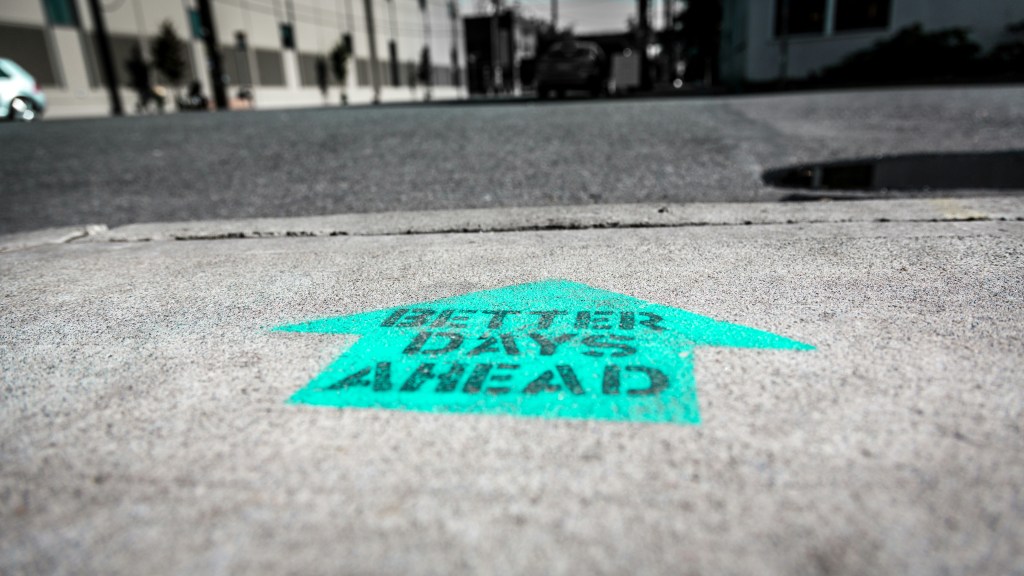Edited by Terrence Kava
The importance of Self-love in Spiritual Growth
Why is Self-love important? I have had too many times in my years as a young adult when I was depressed and unable to look at myself in a mirror. Being depressed to the point when sleeping is the only pleasurable activity because my unconscious life is better than my waking life is a true nightmare. Without self-love, we have a much more difficult time making the kind of choices that can improve our own lives. Goals are not related to ourselves, and often we can be easily manipulated by others whose wills might be stronger than ours around us. When that happens without self-love, it becomes easier to feel taken advantage of, which ultimately leads to “doomed” relationships.
The Buddhist philosophy is to see adversarial relationships as enriching because it can challenge you to become a better person. For instance, anyone who asks for too much can become your greatest accomplice as long as you learn to say “no” when you need to, not just when you want to and without regrets. Self-love can teach you to discipline yourself and protect the ones you love as you inevitably become their role model and teacher. We are always teaching others how to treat us, how to respect us, and ultimately how to love us.
Self love involves a lot of learning about who you are which can come from an analysis of your relationships with others. The importance of studying your own history with relationships can be the basis of your own character studies. One way to invite a deepened understanding of who you are is to write a story based on your own life. You could also choose to represent that story from multiple perspectives, such as from other people’s point of view, or from a third person omniscient view. There is no wrong way to do this kind of creative writing, and you always have the option of going back and changing things as it does not necessarily have to reflect the truth of what happens. The point of this writing is simply to help you evaluate your own feelings about what happened, and sometimes that means changing how you think about that. This is not a legal document, and it doesn’t need to get published. This is only for you to have and be comfortable with your own past.

Being settled on a story can sometimes be helped by changing the ending. Perhaps you could rewrite it so that you can see what you had expected to happen. In another version, you might want to write a worse ending than what actually occurred. And maybe it would be cathartic to write the ideal ending in your opinion. The same story could be written multiple times as well with the same options through other perspectives. With the advent of Ai like ChatGPT and Gemini (aka Bard), you might also want to share your story there and ask the Ai to help you with rewriting that story from other perspectives especially if you are having a hard time with imagining any other specific perspective and writing in a new voice. It might not be advisable to use Ai as a therapist for many reasons, but you can certainly use it as a tool to help you come up with more versions of the story you’re trying to depict.
Inter-generational trauma stems from our country’s history of an over-reliance on others and the impact of generations of believing the slave trade was “normal”. This has caused a ripple effect on our capitalist economy and most industries still have this extreme hierarchical structure which unfairly pays those at the top especially compared to those at the bottom. We must re-evaluate our own relationships to money especially knowing that there may be people in our own lives who may not be able to support themselves for reasons that are not fully within their control. Self-love requires a careful eye, an inquisitive mind, and unflinching ear to stories we may not ordinarily want to hear from the people we love. They reflect who we are by proxy, although we are all independent and free. Self-love is a sacred act, and no one should take that right away from you.
Those of us who are from religions which ask us to “repent” or grieve our own “sins” understand the difficulty of self love in those moments. Keep in mind that there is no act to which you can “commit” that can keep you from self-love. There is no crime in self-love. We may have had lonely or desperate moments when we have felt moved to kill ourselves. This is most likely an embodiment of fear. There is no shame in admitting when we have had these moments. It is important to communicate these feelings to people; to reach out when you are feeling lonely. We all have these feelings. This is the plight of humanity. An example of a resource that you could easily reach out to anonymously is 988 or a warmline. There are ways anyone, even those who feel they have no support in their lives can ask for help. Often it helps to seek your “higher power”, or find your favorite source of spiritual comfort. Meditation is another way to achieve self-love.
Did you know that meditation can actually physically change the shape of your brain? Here’s a link to an article about the “Relaxation Response” coined by Dr H. Benson, which describes it as the opposite to the more common reaction to stress which is “Fight, Flight, Fawn, or Freeze”. And here’s a link to the article on the 4 Fight/Flight Responses.
Here are some free local meditation or mindfulness workshops:
- UCLA MARC (Includes a schedule of drop in centers, an app, and recordings) link
- School of Martial Arts Thursday evenings in person (West LA) Silent meditation after Sifu talks Eventbrite link
- Instagram: @westlamartialarts
- Facebook: School of Martial Arts-West LA
- Sherman Oaks Library Meditation Friday 10am hybrid & in person mornings Eventbrite link
- Los Angeles Meditation Online Eventbrite link
- Saturdays 6:45pm
- Sundays 6:45 am

Artwork by Daniel Holeman
“You, yourself, as much as anybody in the entire universe, deserve your love and affection.” ~Buddha
On Self-Love with others who may support you or not with your pharmaceutical choices…
It may be difficult to decide how to respond to people who might have differing opinions on what our “symptoms” mean. The easiest option might be to set boundaries. What kind of boundaries and who really has control of those boundaries might not be easy to see. These are the kinds of relationships it might help to seek support with. If you have someone who wants to work on the issue with you, perhaps it’s time to ask about seeing your healthcare professional together.
Other times you may have a loved one who doesn’t agree with you about their own “symptoms” or physical signals of health. This will probably prove to be a more difficult situation with regards to both of you receiving healthcare. It is usually helpful for you to ask for help from a healthcare professional if you are struggling with your relationship even if you’re not struggling because of your own “symptoms”. This relationship might be especially frustrating because that other person who might not believe there is anything wrong. By seeking your own supports, you provide the other person with a model of seeking what can become seen as a “normal” support. When your health improves, you are demonstrating how much it helps to be helped by others of like minds. Sometimes we can help more by getting our own supports than by giving others advice. You can choose what those supports look like and decide for yourself if or when that is an appropriate discussion subject to share with your loved one.

Your task is not to seek for love, but merely to seek and find all the barriers within yourself that you have built against it.
-Rumi

Leave a comment